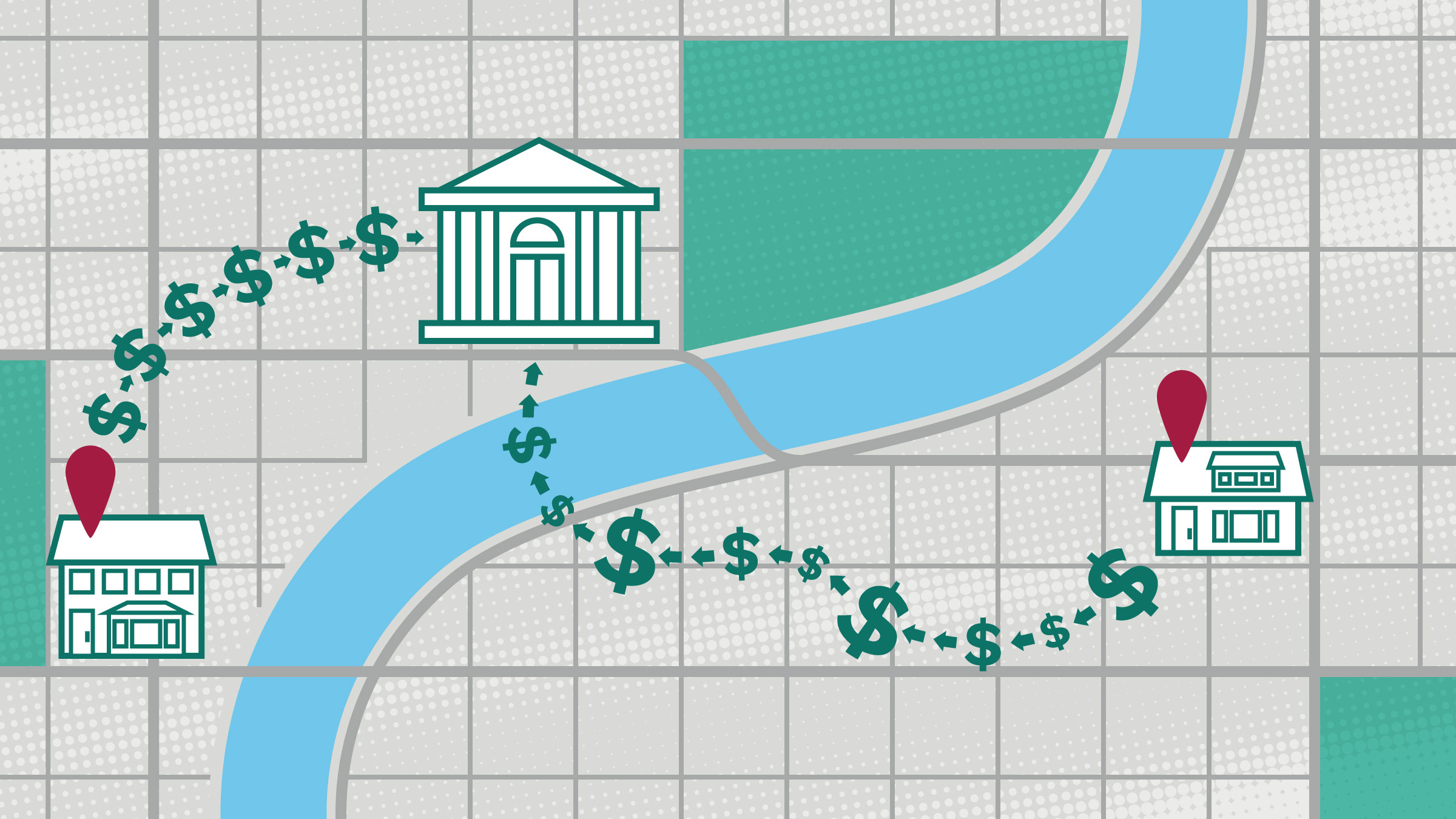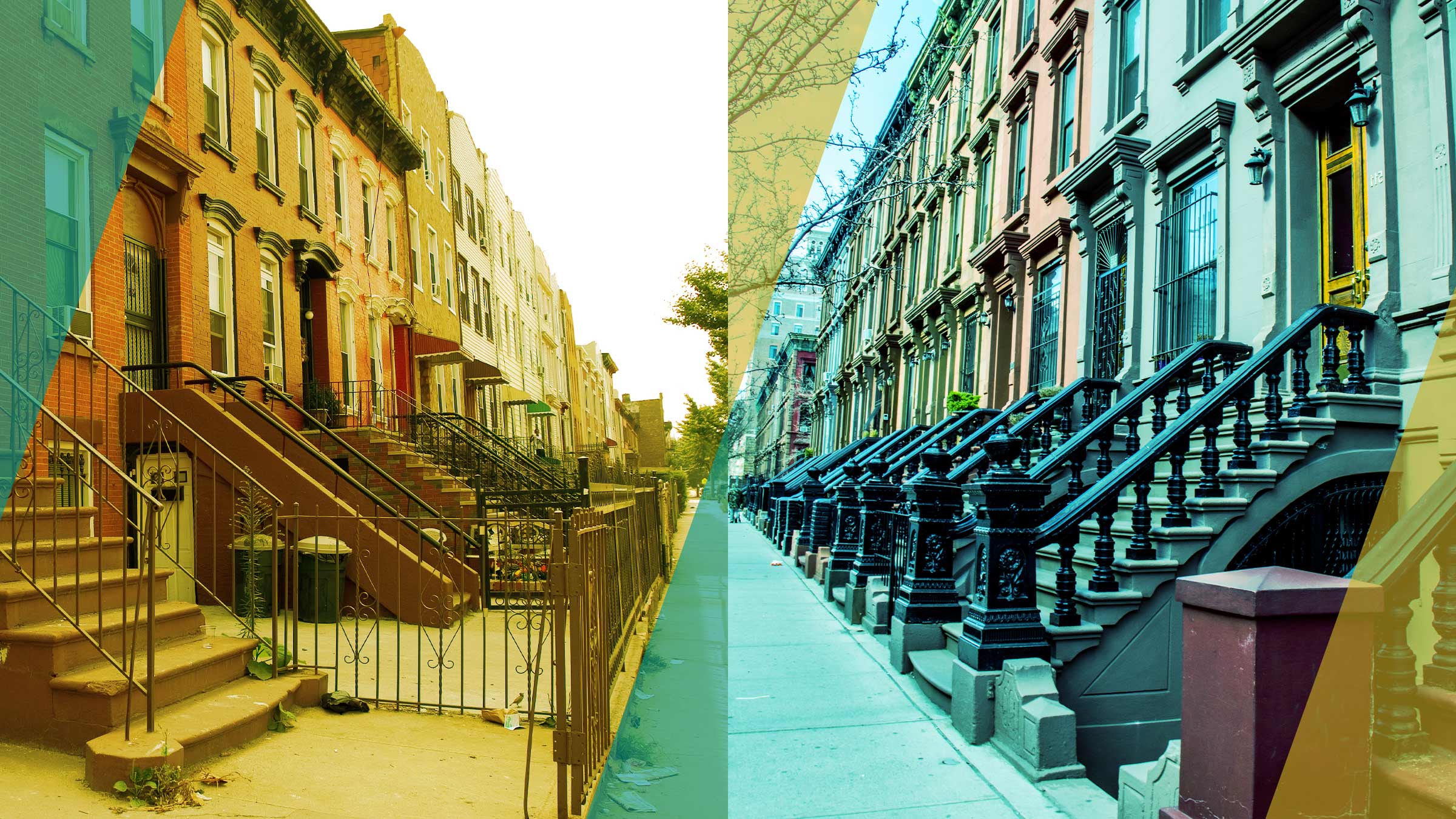Abstract
We use panel data covering 118 million homes in the United States, merged with geolocation detail for 75,000 taxing entities, to document a nationwide "assessment gap" which leads local governments to place a disproportionate fiscal burden on racial and ethnic minorities. We show that holding jurisdictions and property tax rates fixed, black and Hispanic residents nonetheless face a 10-13% higher tax burden for the same bundle of public services. This assessment gap arises through two channels. First, property assessments are less sensitive to neighborhood attributes than market prices are. This generates racially correlated spatial variation in tax burden within jurisdiction. Second, appeals behavior and appeals outcomes differ by race. This results in higher assessment growth rates for minority residents. We propose an alternate approach for constructing assessments based on small-geography home price indexes, and show that this reduces inequality by at least 55-70%.






